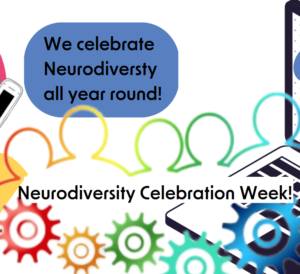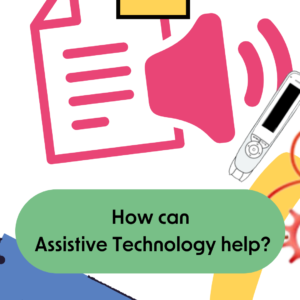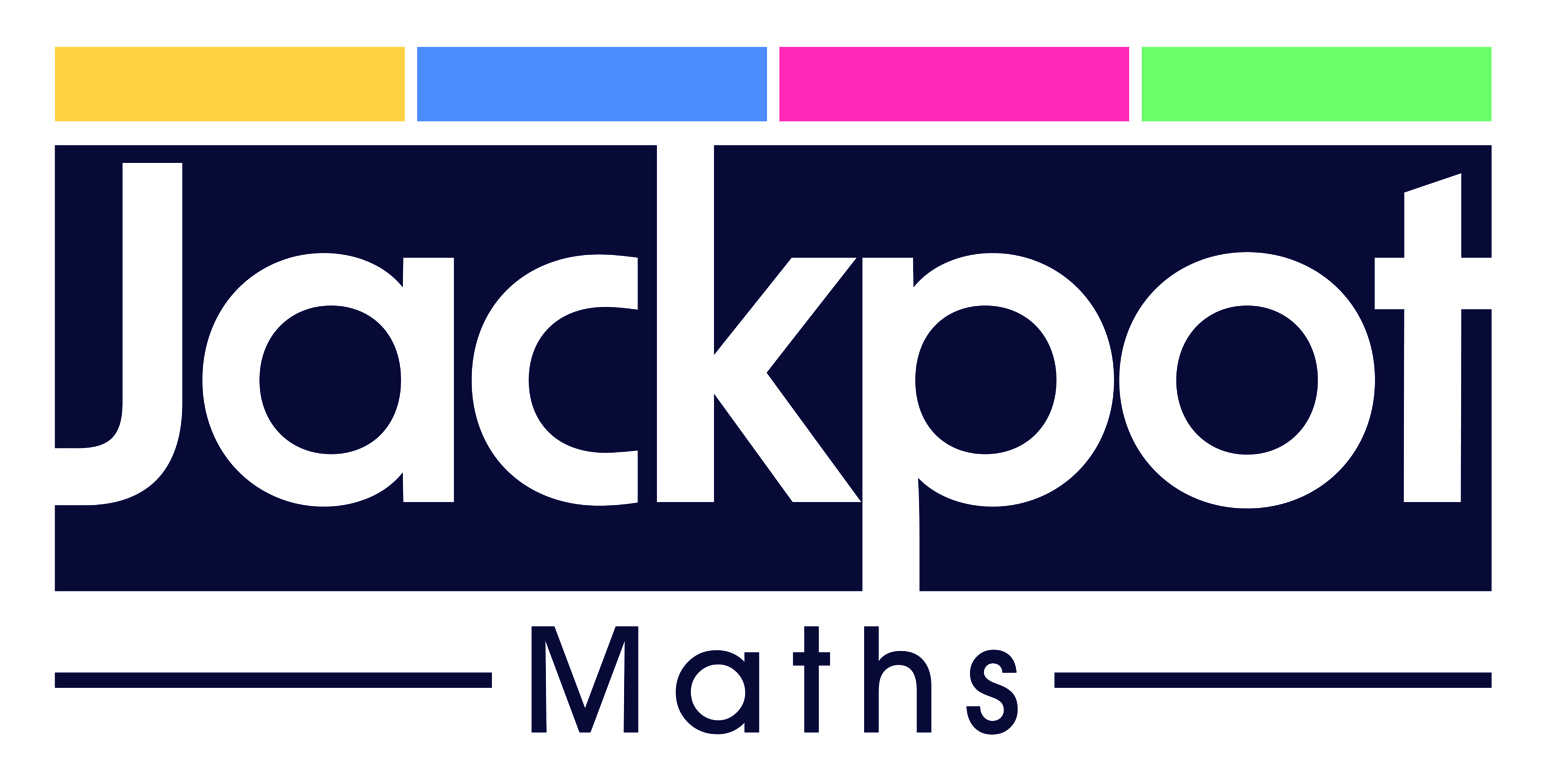Happy Neurodiversity Celebration Week!
Celebrating Neurodiversity. This week, we celebrate individuals with neurological differences, unique talents and strengths. At my company, we celebrate this every week and provide specialist tuition, training, and resources for Neurodiverse children and their families to achieve their full potential.

We believe in changing the narrative around Neurodiversity and promoting a culture of acceptance and understanding. Many incredible events are taking place this week in support of Neurodiversity Celebration Week, so be sure to check them out and join the movement! https://www.neurodiversityweek.com/

Assistive technology is a game-changer for people who struggle with studying due to Neurodiversity. As someone who has benefited from it, I highly recommend it! This is especially true for speech-to-text conversion tools, such as Otter.ai, which transcribe your words with few errors. It’s also free!
If you have a child with Dyslexia, audiobooks can make a huge difference. By listening to the story while following along in the hard copy book, they can understand the story better and even use their mobile devices and headphones for some privacy. Text-to-speech tools like scanning pens and free software like Natural Readers can also improve their learning experience.

🤔Ever wondered why understanding Dyslexia is important even if you don’t teach English?
❓If you’ve had this thought, listen up!
Exploring the world of Neurodiversity and Executive Functions and how they impact people’s lives sheds light on the fact that Dyslexia affects much more than just English. While Dyslexic learners may struggle with worded Maths problems more than others, many other areas are also impacted.
Some of the Executive Functions impacted by Dyslexia include Working Memory, Task initiation, Time management, Planning and prioritisation, Organisation, and Goal-directed persistence. Low Working Memory is a major barrier for Dyslexic learners, and it’s the same for me as a Dyslexic myself.
To support those with Dyslexia, we must understand their daily struggles and provide appropriate support.
For those tutoring younger children, it’s crucial to remember that they have limited working memory. Thus, giving short, easy-to-understand instructions, keeping all information on the screen, and avoiding mental arithmetic can help them succeed. Short, low-pressure, fun activities that use memory can also help improve working memory, like repeatedly saying things out loud or in their head.
Neurodiversity is more than just Dyslexia, but Dyslexia is probably the most well-known. Most people who are Neurodiverse actually come under the criteria of more than one Neurodiversity. I do, am Dyslexic, ADHD and Autistic. All of these affect how my Executive Functioning works.

Dr Seuss once said, “Why fit in, when you were born to stand out?” This quote resonates with many of us because self-acceptance is key to our well-being and happiness. As someone who is Neurodiverse, embracing our differences and celebrating what makes us unique is crucial to our success.
Let’s celebrate Neurodiversity and the invaluable contributions that individuals with neurological differences bring to our world. Join us in supporting @neurodiversityweek, and let’s spread the word! ❤️🧠
